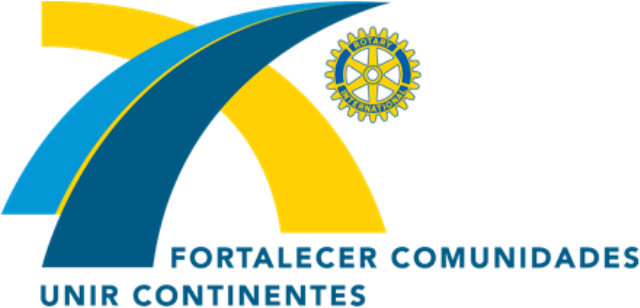
Rotary International News - 8 February 2008
RI President-elect Dong Kurn Lee sat down with Vince Aversano, editor in chief of The Rotarian, to talk about how he plans to tackle his year in office as RI’s first Korean president. Get a sneak peek at the interview and look for the full story in the March issue of The Rotarian .
[Q] President-elect Lee, what would you hope to accomplish next year as president?
I would like to see progress made in polio, both in terms of meeting the Gates [Foundation] challenge grant and in reducing the number of polio-endemic countries. I would also like to see child mortality, the terrible tragedy of preventable deaths of children, become something that every Rotarian is aware of. Every day, 30,000 children under the age of five die, most of them from preventable causes like measles, malaria, and pneumonia. I want people to realize that every day, a disaster of this size is happening. But it is also important to remember how much we have already done, and how far we have come. Children do not die of smallpox anymore, and soon they will not have polio. With the challenge grant from the Gates Foundation, we have a real chance of ending polio completely in the next few years. I see the work of eradicating polio as a key part of my focus on child mortality.
Many of the projects that Rotarians are already involved in, in the areas of water, health and hunger, and literacy, already save the lives of countless children every year. I believe that by focusing our efforts on decreasing child mortality through work in these three emphases, we will be able to make a real difference in the number of children who survive to adulthood.
[Q] What image of Rotary should be projected today? Should the emphasis be on business networking potential or on humanitarian projects?
I do not think it is a choice between one and the other. Rotary has to be seen as a whole. Rotary was founded as a business networking tool, and service came after that. Service is now our primary focus, but that does not mean Rotary’s role in business should be minimized. Rotarians should be in Rotary because they want to give, but we can and should also acknowledge the many benefits to Rotary membership.
[Q] Why do you feel the Rotary Youth Exchange program is so important?
It helps young people comprehend the world better. For young people, especially when they are living with host families, it is a kind of experience — an immersion experience — that cannot be duplicated. It brings rewards that are lifelong and benefits that reach far beyond that one individual.
When I was a young man, I spent two years in California. I was a student, and I also worked as a busboy on Fisherman’s Wharf in San Francisco. You could not imagine anything more different from my home village in Korea. Everyone was different, everything was different — the food, the people, the language. It completely changed how I saw the world, and it formed who I became in later life. I think I would still have joined Rotary, but I would not have understood it as well.
[Q] What inspired your choice of Make Dreams Real as the RI theme?
Part of why Rotary is so exciting for me is that we are able to do more through Rotary than we could do alone. We can do more as a club than we could as an individual, we can do more as a district than we could do as a club, and when you look at all of global Rotary, you can really dream big dreams. No one individual or even one government, no matter how powerful, could have done what we have done in polio eradication. In this year, my dream is that together we will be able to save the lives of children. That is my own dream. Part of that dream is knowing that children will be able to survive, to grow up healthy, to have better chances, to be able to see their own dreams become real in their lives.







No hay comentarios:
Publicar un comentario